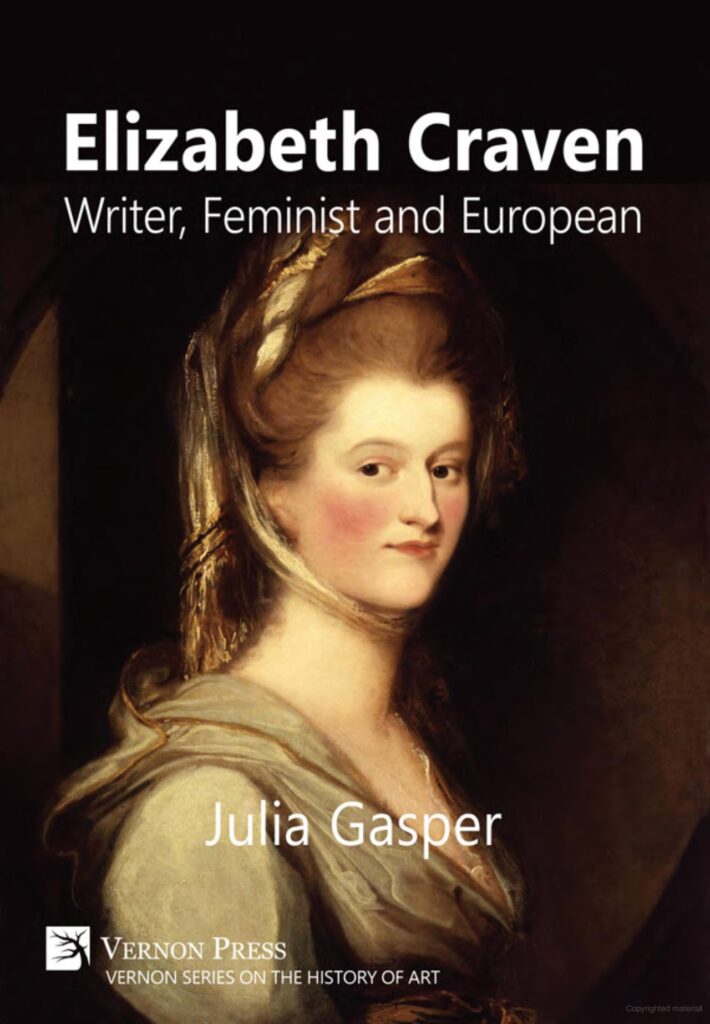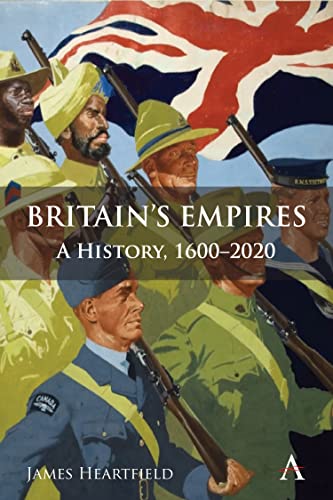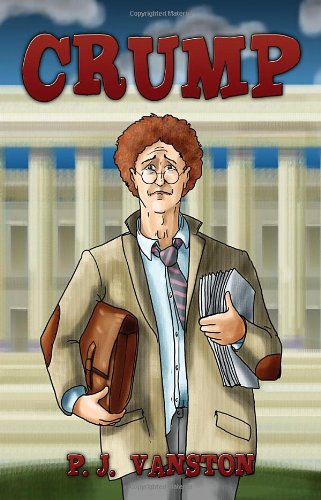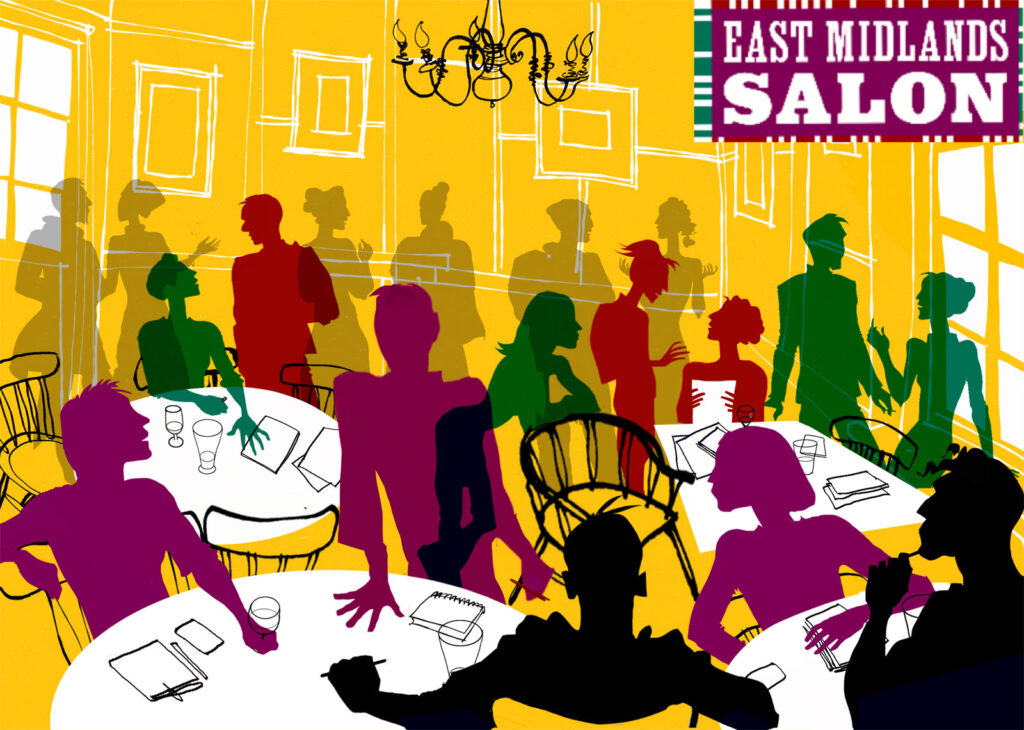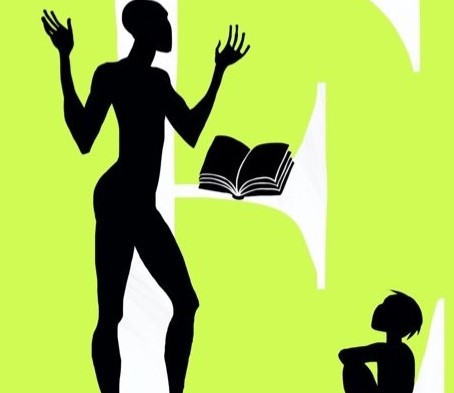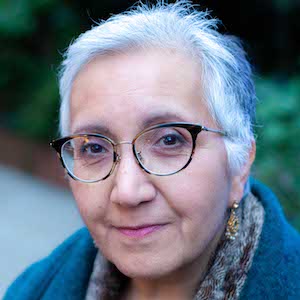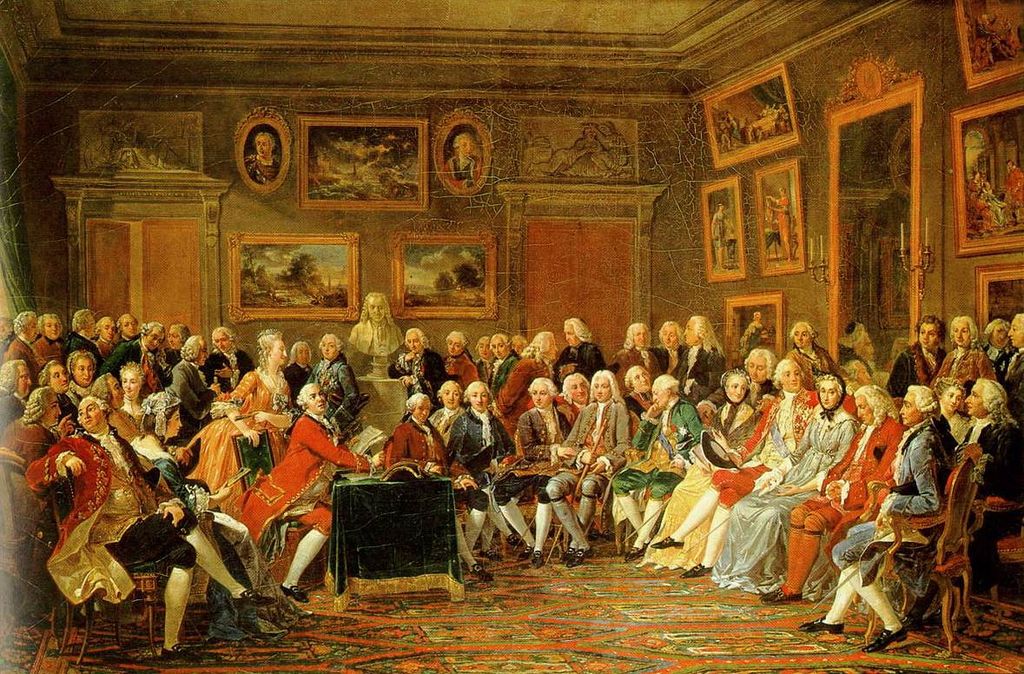Criticising powerful aristocrats in eighteenth century France could mean being sent to the Bastille. Criticising powerful ideologues today can mean being cancelled and driven out of your job. Our speaker, historian and author, Julia Gasper, has researched the lives of eighteenth century women, who stood out against tyranny, including Anne-Marie Fauques de Vaucluse and Elizabeth Craven. Julia has also faced twenty-first censorship and is a fighter for free speech and academic freedom. In her talk at the next East Midlands Salon, she will draw on her historical research and personal experiences to assess the state of women’s freedom today.
Date, Time and Venue: Thursday 23 March (18.30 for 19.00) in the Parlour of the Brunswick Inn, Derby.
Tickets: £3 (plus fee) via Eventbrite.
About Julia
Julia is an English Literature scholar and historian. She has a D.Phil from Somerville College, Oxford University. She is the author of several books including Elizabeth Craven: Writer, Feminist and European (Vernon Press, 2017), The Marquis d’Argens: A Philosophical Life (Lexington Books, 2014), Theodore von Neuhoff, King of Corsica (University of Delaware Press, 2012), and The Dragon and the Dove: the Plays of Thomas Dekker (Oxford University Press, 1990). She was one of the editors of the Oxford edition of the Plays of Thomas Middleton, and is the editor of The Modern Philosopher and Other Works by Elizabeth Craven(Cambridge Scholars Press, 2017).
She is a member of the Academics For Academic Freedom (AFAF) Advisory Board.
